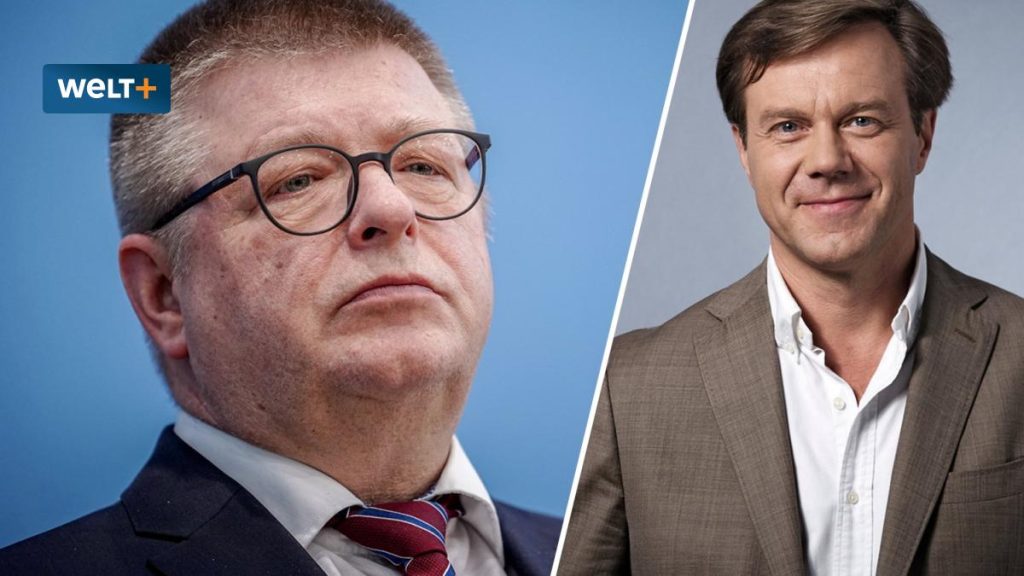The head of the German domestic intelligence agency, the Verfassungsschutz, has come under fire for his lavish spending on extravagant office renovations. Hans-Georg Maassen has been criticized for his “peacock feathers of vanity” after it was revealed that he spent thousands of euros on luxury furnishings and expensive materials for his office. The controversy has raised questions about his judgment and priorities, as well as the overall transparency and accountability of the agency.
Maassen’s actions have sparked outrage among politicians and the public, with many calling for his resignation. The Verfassungsschutz is tasked with monitoring and combating extremism in Germany, and some believe that Maassen’s lavish spending is a misuse of taxpayer funds. The agency’s credibility has been called into question, as the head of such an important organization is seen as setting a poor example with his extravagant behavior.
Critics argue that Maassen’s spending is not only wasteful, but also undermines the agency’s credibility and effectiveness. As the Verfassungsschutz plays a crucial role in ensuring national security and combating extremism, it is essential that its leadership maintain the highest standards of professionalism and integrity. Maassen’s actions have damaged public trust in the agency and raised concerns about how it is being managed.
The controversy surrounding Maassen’s office renovations has reignited debates about the level of oversight and accountability within the Verfassungsschutz. Some are calling for greater transparency and stricter controls on how taxpayer funds are spent by the agency. The scandal has highlighted the need for stronger checks and balances to prevent similar incidents in the future and ensure that public funds are used responsibly.
Despite the backlash, Maassen has defended his spending, arguing that the renovations were necessary to create a more functional and modern workspace. He has also claimed that the costs were in line with the agency’s budget and approved by the appropriate authorities. However, many remain unconvinced and continue to demand answers about why such extravagant spending was deemed necessary in the first place.
As the controversy continues to unfold, the future of Hans-Georg Maassen as the head of the Verfassungsschutz remains uncertain. The scandal has cast a shadow over his leadership and raised serious questions about his judgment and priorities. With calls for his resignation growing louder, it remains to be seen how this will impact the agency and its ability to effectively fulfill its important mission in safeguarding national security.


